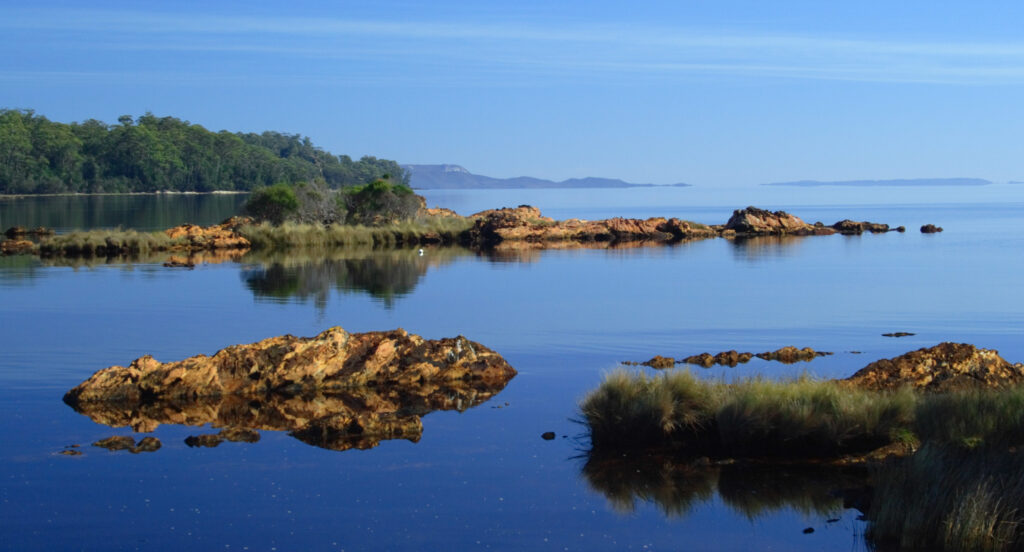
Environment Tasmania has filed a landmark OECD complaint against the Australian retail giant Woolworths Group, accusing the company of sourcing salmon from Tasmania’s Macquarie Harbour despite environmental concerns. The complaint highlights the risks posed to the endangered Maugean skate, a species under threat due to aquaculture practices in the area.
This action marks the first time an OECD complaint has been lodged against a major retailer over environmental issues. The complaint alleges that Woolworths has breached international business guidelines by not performing adequate due diligence, even after government warnings labeled the salmon farms as a “high-risk threat” to the Maugean skate.
Challenging “Responsibly Sourced” Claims
Environment Tasmania has also taken issue with Woolworths’ “responsibly sourced” labeling, arguing that it misleads consumers and fails to disclose the nature-related risks to shareholders. This follows a series of rejected shareholder resolutions at Woolworths’ 2024 annual meeting, which called for an end to sourcing from Macquarie Harbour.
According to Environment Tasmania, the retailer’s actions not only undermine consumer trust but also potentially violate updated OECD guidelines. These guidelines, revised in 2023, now include more stringent biodiversity protections, reflecting a growing global emphasis on environmental responsibility.
Industry Dispute and Environmental Impact
The aquaculture industry remains divided over the environmental impact of salmon farming in Macquarie Harbour. While some industry representatives argue that their practices are sustainable, environmentalists and conservationists point to the declining numbers of the Maugean skate as evidence of ecological harm.
“The Maugean skate is a unique species found only in Tasmania, and its survival is directly threatened by current aquaculture operations,” said a spokesperson for Environment Tasmania.
Meanwhile, Woolworths has maintained that it is committed to sustainable sourcing practices and is reviewing the complaint. The company has yet to release a detailed response but has previously stated its dedication to environmental stewardship.
Historical Context and Global Implications
The complaint against Woolworths comes at a time when global retail and food industries are under increasing scrutiny for their environmental footprints. Historically, OECD complaints have focused more on labor and human rights issues, making this environmental case a significant departure that could set a precedent for future actions.
Experts suggest that this case could have far-reaching implications for how retailers worldwide approach environmental due diligence. If successful, it may compel other companies to reevaluate their sourcing strategies and increase transparency about environmental risks.
Looking Forward: Potential Outcomes and Industry Reactions
The OECD’s decision on this complaint could influence not only Woolworths’ operations but also broader industry standards. If the complaint is upheld, Woolworths may face pressure to alter its sourcing practices, which could impact its supply chain and financial performance.
As the situation unfolds, stakeholders across the aquaculture and retail industries will be watching closely. The outcome could drive further regulatory changes and inspire similar actions by environmental groups worldwide.
For now, the focus remains on the OECD’s review process and Woolworths’ forthcoming response. The case highlights the growing intersection of business practices and environmental accountability, underscoring the importance of sustainable development in today’s global economy.







